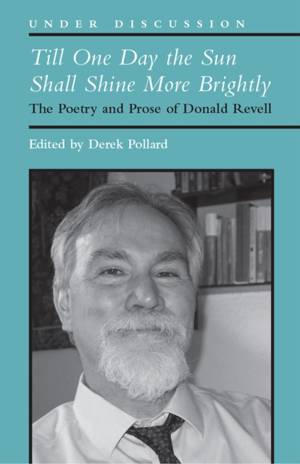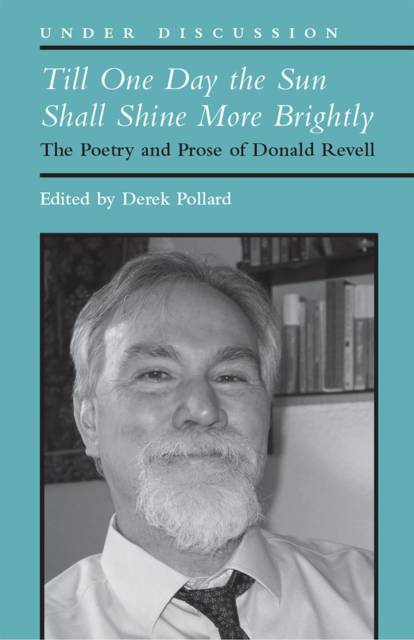
- Afhalen na 1 uur in een winkel met voorraad
- Gratis thuislevering in België vanaf € 30
- Ruim aanbod met 7 miljoen producten
- Afhalen na 1 uur in een winkel met voorraad
- Gratis thuislevering in België vanaf € 30
- Ruim aanbod met 7 miljoen producten
Zoeken
€ 43,95
+ 87 punten
Omschrijving
Since the publication of From the Abandoned Cities in 1983, Donald Revell has been among the more consistent influencers in American poetry and poetics. Yet, his work has achieved the status it has--his honors include fellowships from the National Endowment for the Arts and the Guggenheim Foundation and awards from the PEN Center USA and American Poetry Review--in a manner that has often tended to belie its abiding significance. This collection of essays, reviews, and interviews is designed to ignite a more wide-ranging critical appraisal of Revell's writing, from his fourteen collections of poems to his acclaimed translations of French symbolist and modernist poets to his artfully constructed literary criticism. Contributors such as Marjorie Perloff, Stephanie Burt, Dan Beachy-Quick, and Bruce Bond examine key elements in and across Revell's work, from his visionary postmodernism ("Our words can never say the mystery of our meanings, but there they are: spoken and meaning worlds to us") to his poetics of radical attention ("And so a poem has nothing to do with picking and choosing, with the mot juste and reflection in tranquility. It is a plain record of one's entire presence"), in order to enlarge our understanding of how and why that work has come to occupy the place that it has in contemporary American letters.
Specificaties
Betrokkenen
- Auteur(s):
- Uitgeverij:
Inhoud
- Aantal bladzijden:
- 238
- Taal:
- Engels
- Reeks:
Eigenschappen
- Productcode (EAN):
- 9780472037698
- Verschijningsdatum:
- 29/01/2020
- Uitvoering:
- Paperback
- Formaat:
- Trade paperback (VS)
- Afmetingen:
- 140 mm x 213 mm
- Gewicht:
- 272 g

Alleen bij Standaard Boekhandel
+ 87 punten op je klantenkaart van Standaard Boekhandel
Beoordelingen
We publiceren alleen reviews die voldoen aan de voorwaarden voor reviews. Bekijk onze voorwaarden voor reviews.











